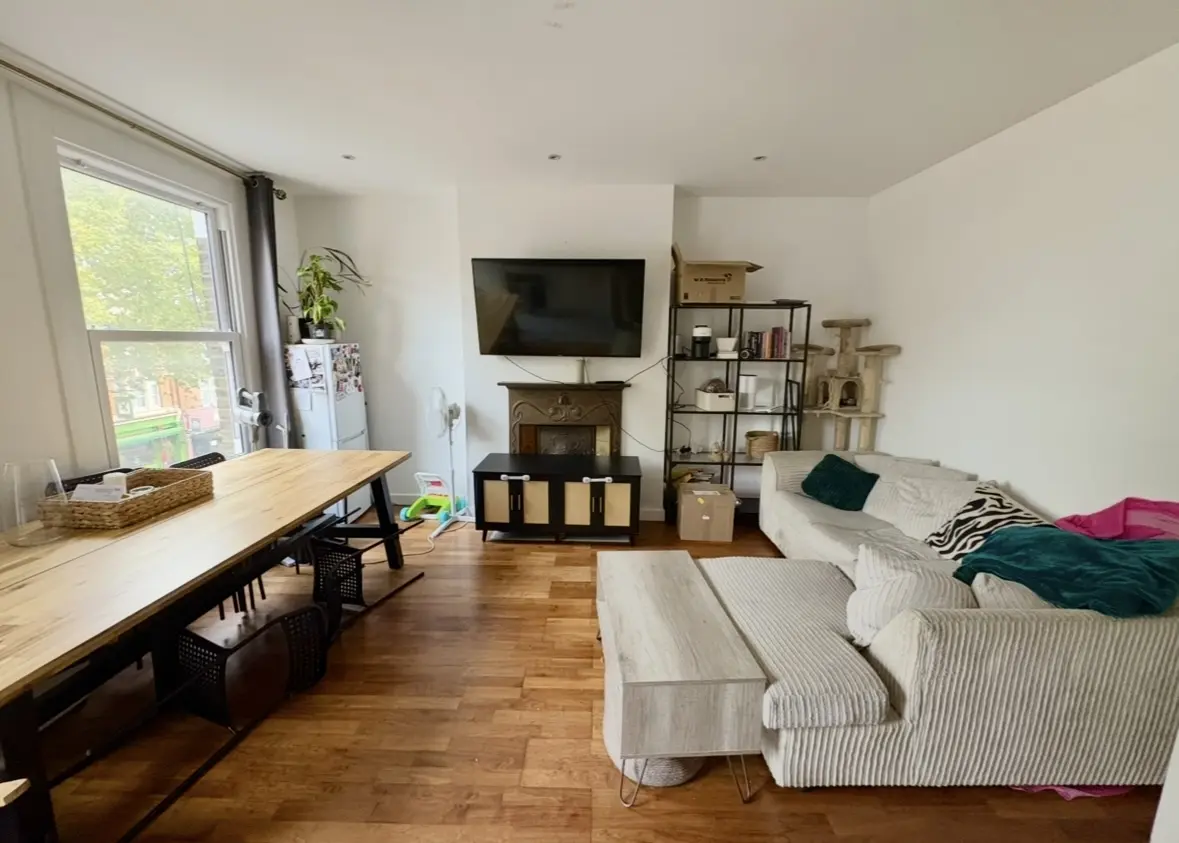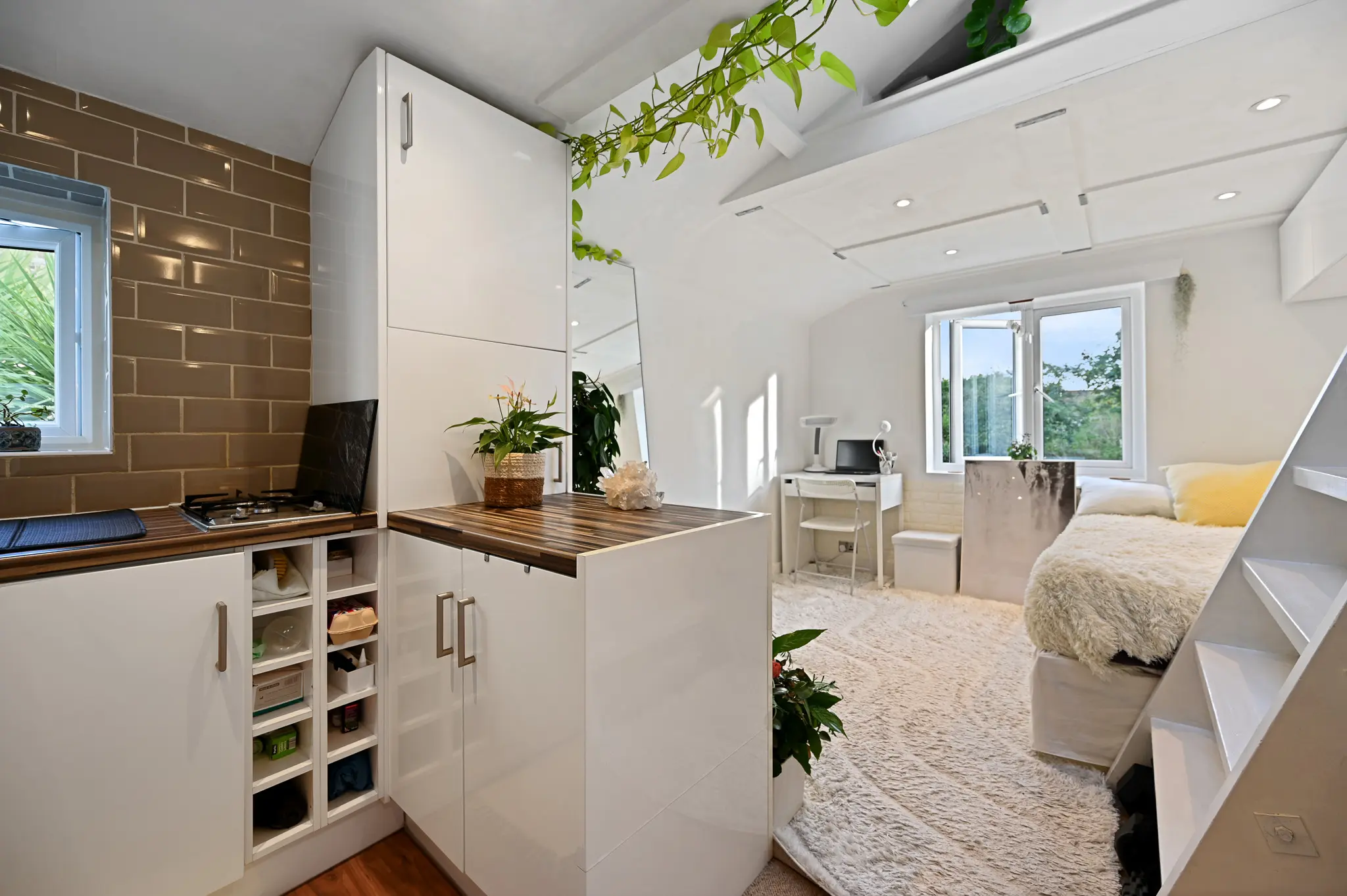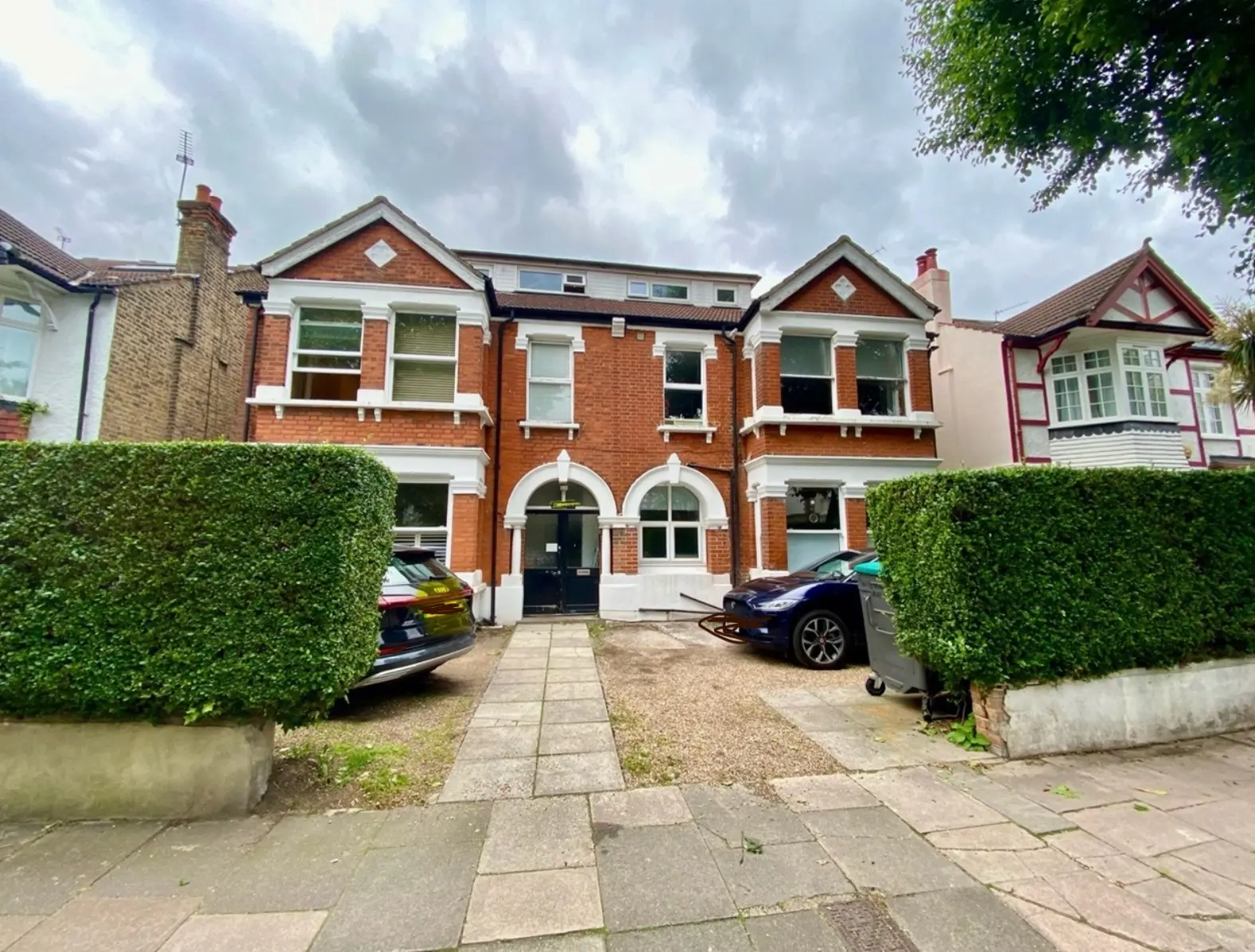
Three-Bedroom Apartment to Let – Chiswick High Street, W4
Chiswick High Rd., Chiswick, London W4 4HH, UK
£2,400 / Month
Apart from financial considerations, probably the most important factor in buying property in the UK is the property ownership structure. In order to make an informed decision, you will need to understand what freehold, leasehold, share of freehold, and commonhold mean. Each of these types of ownership will provide different rights, responsibilities, and possible disadvantages to the property owner. This article tends to explain what each means, its advantages, and disadvantages in order for you to get a better insight into the UK property market.
Freehold
Freehold: What does Freehold mean? Freehold is the most direct and absolute form of property ownership in the UK. Owning a freehold property means ownership of the property and the land it stands on. There is no time length set against your ownership, and neither will you be obliged to pay ground rent nor leasehold charges.
Pros:
Full Ownership: You own the building and land outright in full title. No Ground Rent: You pay no ground rent or service charges, whereas your leaseholders do.
Full Control: Any changes, repairs, and improvements that take place in the property will all be in your hands as the owner.
Long-Term Stability: There isn't any running out on your ownership, unlike leasehold properties, which decrease in value as the lease runs down.
Cons:
Higher Initial Cost: The price for a freehold property is higher compared with leasehold properties, especially in the more desired locations.
Maintenance Responsibility: Since you own the property and the land it stands on, you are fully responsible for maintenance and repairs, which could be very time-consuming and costly.
Leasehold
What is Leasehold? It is ownership over a property whereby you buy the right to live in a property for a fixed period of time, not the land on which it stands. In other words, the land itself is owned by the freeholder, and you lease the property from him. You pay him some ground rent and sometimes extra service charges for the maintenance of the property.
Pros:
Smaller Initial Investment: Generally speaking, leasehold properties are cheaper to invest in compared to freehold properties.
More accessible to first-time buyers: Because this is a lower purchase price, this may be more within the means of first-time buyers or investors.
No responsibility for land management: You aren't responsible for the land as such, which can lighten the load of maintenance.
Cons:
Time Limit: The ownership in a leasehold is given for a period of time, which decreases with time and usually, the value of the property also decreases. Once that period expires, it goes back to the freeholder. Ground Rent and Charges: You will have to pay periodic ground rent, which might increase over time, any additional service charge, or any management fees.
Less Control: The freeholder usually possesses the right to major decisions taken about the property, such as making major alterations or extending the lease.
Lease Extension Costs: In case your lease gets short, normally less than 80 years, extending of lease may get cumbersome and costly as well. Also with a reduction in lease length, the value of the property might fall.
Share of Freehold
What is Share of Freehold? 'Share of freehold' is a situation where a number of leaseholders in a building actually own the freehold of the property. In that case, the tenants of the building will collectively own the land and more control than ordinary leaseholders over the property. This would be a common instance of apartments where all the leaseholders share a share in the freehold, usually looked after by the residents' association or managed by a management company.
Pros
More control: The fact that you part-own the freehold entitles you to more rights in property management, maintenance, and any decisions carried regarding the building.
No ground rent: As you already are an owner of the share of freehold, you don't have to pay any ground rent to a separate freeholder.
Normally, leaseholders who own a share of freehold can extend their lease without much cost or headache in the process.
Cons
Collective responsibility: This means that, with increased control, the responsibilities regarding the property are shared with other leaseholders, which may cause disputes or friction in making decisions about your property.
Management Issues: The management of the building, together with other tenants, can be complicated and time-consuming. Most of the time, a management company is hired, adding to extra over costs.
Cost: Generally more expensive than a traditional leasehold, as this encompasses the costs of buying a share in the freehold.
Commonhold
What is Commonhold? Common hold is one of the newer forms of property ownership, having come into effect within the United Kingdom in 2002. It's mainly used for flats. You jointly own the common areas, which can be corridors, staircases, or shared gardens, with other flat owners, while having complete ownership of the flat, just as in freehold ownership. Commonhold ownership has no ground rent or need for lease extensions, and a share of the commonhold association is held by each flat owner.
Pros
Full control and ownership: The flat and common areas belong absolutely to the person. No bother over lease or ground rent.
No Lease Expiration: Just like freehold, commonhold properties do not have to bother about the problem of lease expiration.
Collective Management: Property and decision-making about the maintenance and repairs in the building are made collectively by the owners of the flats. This might more often than not ensure that the property is well managed.
Cons
Rarely Available: Commonhold is not as common, with fewer commonhold properties on the market to date compared to leasehold and freehold properties. It will be a bit more difficult to find suitable options. Shared Responsibility: While common hold does not require a landlord, the property is jointly managed, which can sometimes be a hassle in terms of disagreements and a consensus from the owners.
Which Is Right for You?
The type of ownership best would depend upon your preference, financial situation, and long-term goals. If you want full control and long-term security, freehold is generally the best choice. If you want a relatively inexpensive property with less responsibility, then a leasehold is the perfect situation. Freehold can offer more rights than a share of leasehold without the issues of having total responsibility for the property. Freehold is quite common, especially amongst those who want a good balance of control and convenience. Though it is newer, commonhold is another great option wherein you can avoid restrictions coming with leaseholds and instead manage the property as a collective.
Conclusion
The type of ownership you choose has a tremendous impact on your experience as a property owner, your financial burdens, and your investment. Whether buying a home or an investment property, there is the need to familiarize yourself with the pros and cons of each ownership type.
Disclaimer
This article is for general informational purposes only and does not constitute legal, financial, or professional advice. While we strive to ensure accuracy, property laws, regulations, and market conditions may change over time. We do not guarantee the completeness, reliability, or current validity of the information provided. Readers should independently verify details and seek professional guidance before making any property-related decisions. We are not liable for any losses or damages resulting from reliance on this content

Chiswick High Rd., Chiswick, London W4 4HH, UK
£2,400 / Month

Queen's Rd, London SW19 8NY, UK
£1,380 / Month

Windermere Rd, London W5 4TH, UK
£2,500 / Month

